University of Florida faculty surpassed $1 billion in annual research spending for the first time in 2022, developing treatments for diseases, new agricultural products, engineering solutions and countless other advancements. With $1.076 billion in research expenditures, UF joins an exclusive group of about 15 public universities around the country to surpass $1 billion, including the University of Michigan, UCLA and the University of North Carolina, Chapel Hill.
UF Vice President for Research David Norton praised the faculty and staff for driving the university’s relentless pursuit of new knowledge and discovery through research and scholarship.
“Surpassing the $1 billion research milestone reflects UF’s continued rise as one of the leading research universities in the United States,” Norton said. “But this number represents far more than dollars – it represents the value of these researchers’ remarkable intellect and talent and its impact on our state, our nation and the world.”
To learn more about this achievement, visit https://news.ufl.edu/2022/07/one-billion-in-research-funding/
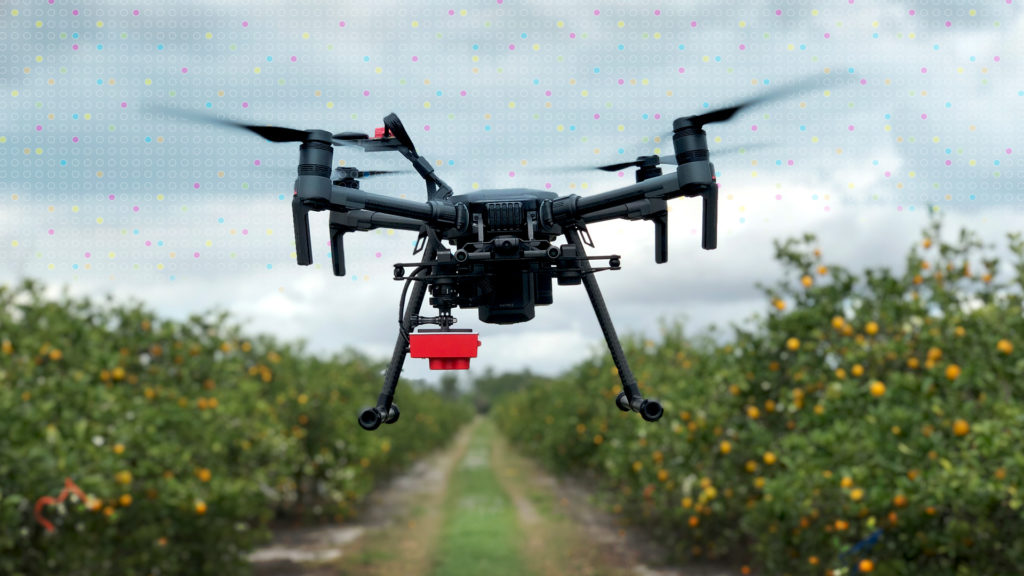
Dr. Yiannis Ampatzidis
Assistant Professor of Agricultural and Biological Engineering
UF agricultural engineering Assistant Professor Yiannis Ampatzidis says artificial intelligence — the convergence of new tools for data collection with cloud computing to analyze the explosion of information — is changing the face of agriculture in a way that is nothing short of revolutionary.
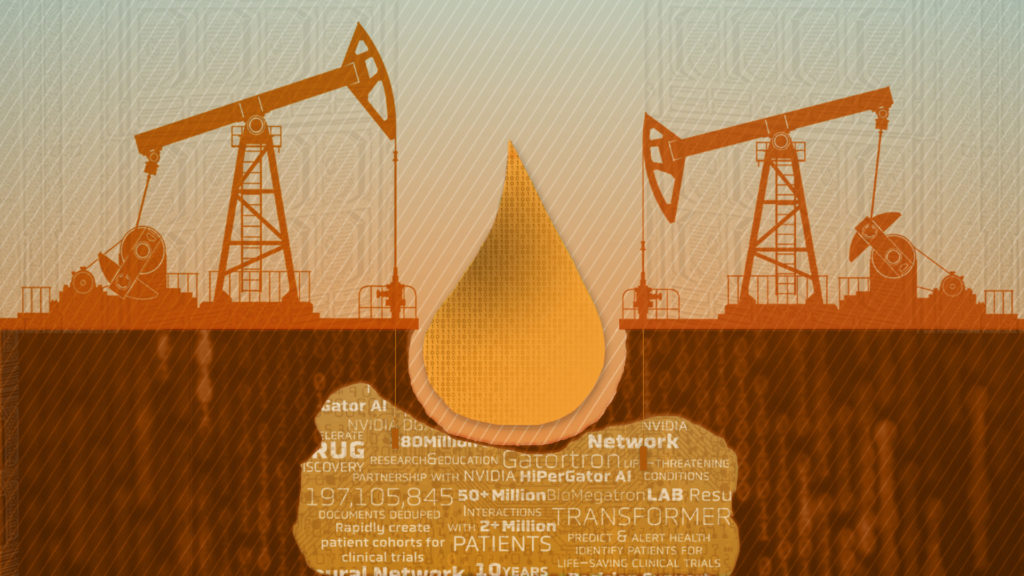
Dr. Erik Deumens
Director of Research Computing
UF was already in the forefront of supercomputing with three generations of its high-performance HiPerGator computer when a gift of incredibly fast processors in 2020 from UF alumnus Chris Malachowsky and NVIDIA, the company he helped found, created one of the most powerful supercomputers in all of higher education.
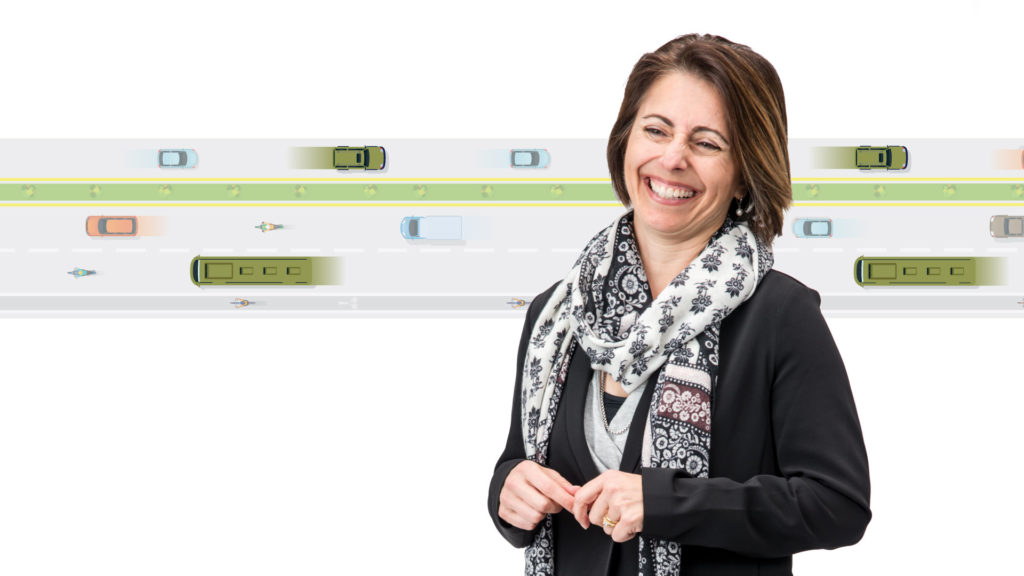
Dr. Lily Elefteriadou
Director and Professor of Civil & Coastal Engineering
Florida and the University of Florida are leaders in driverless vehicle research, and UF Transportation Institute Director Lily Elefteriadou says there’s no better place than Gainesville for that work. One institute initiative is I-STREET, a real-world testbed for emerging transportation technologies, such as autonomous vehicles.
Related Website: UF Transportation Institute
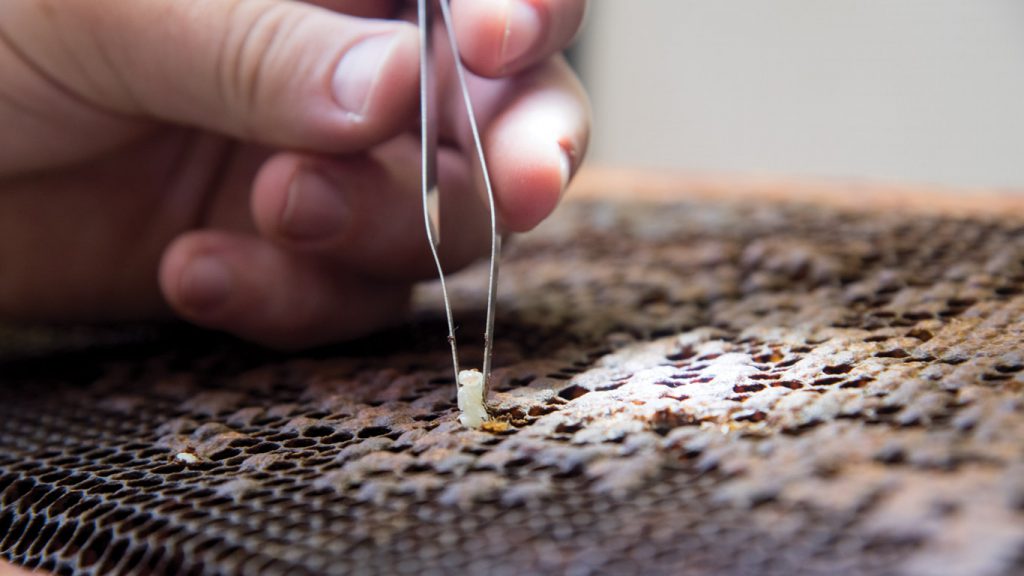
Dr. Jamie Ellis
Professor of Entomology and Nematology
The honey bee is a keystone species, and without it, says UF entomology Professor Jamie Ellis, one out of every four or five bites you eat would disappear. Ellis says the honey bee is the workhorse of pollinating many food crops — watermelon, blueberries, strawberries, apples, and almonds (especially almonds). And that makes Ellis and a team of honey bee research and extension scientists keenly focused on keeping the honey bee healthy.
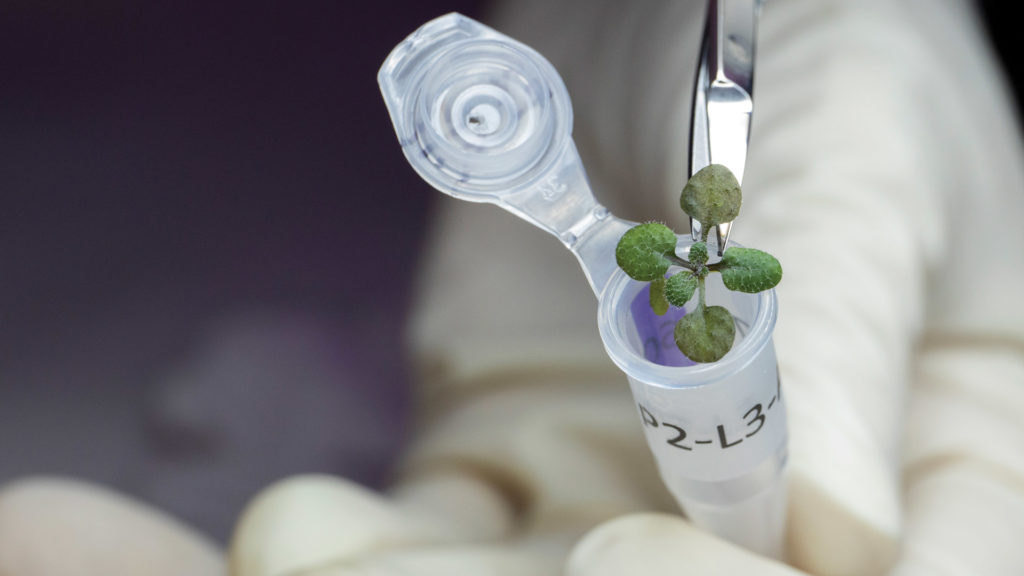
Dr. Rob Ferl/Dr. Anna-Lisa Paul
Distinguished Professor/Research Professor of Horticultural Sciences
Horticultural scientists Rob Ferl and Anna-Lisa Paul led the team that was the first to grow plants in lunar soil returned from the Moon during the Apollo missions.They have spent more than two decades studying how plants respond to microgravity.
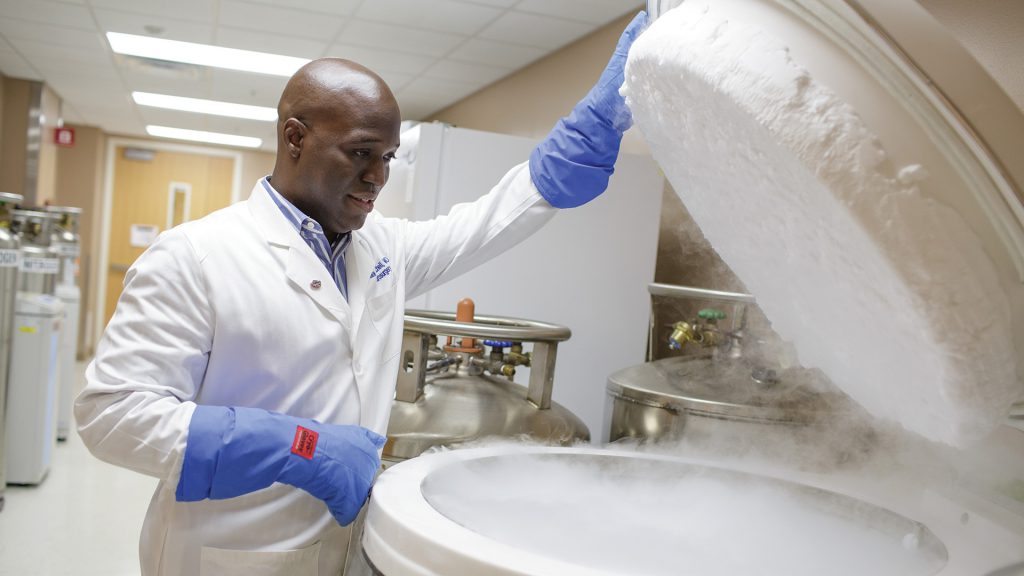
Dr. Duane Mitchell
Professor of Neurosurgery
Duane Mitchell’s team at the University of Florida is a world leader in understanding how the body’s own immune system can be marshaled to fight cancers, especially brain cancers, in children and adults. Mitchell is also director of UF’s Clinical and Translational Science Institute, funded through multiple multi-million-dollar grants from the the National Institutes of Health and other sources to accelerate scientific discovery, enhance medical care, produce highly skilled scientists and physicians and foster partnerships with industry.
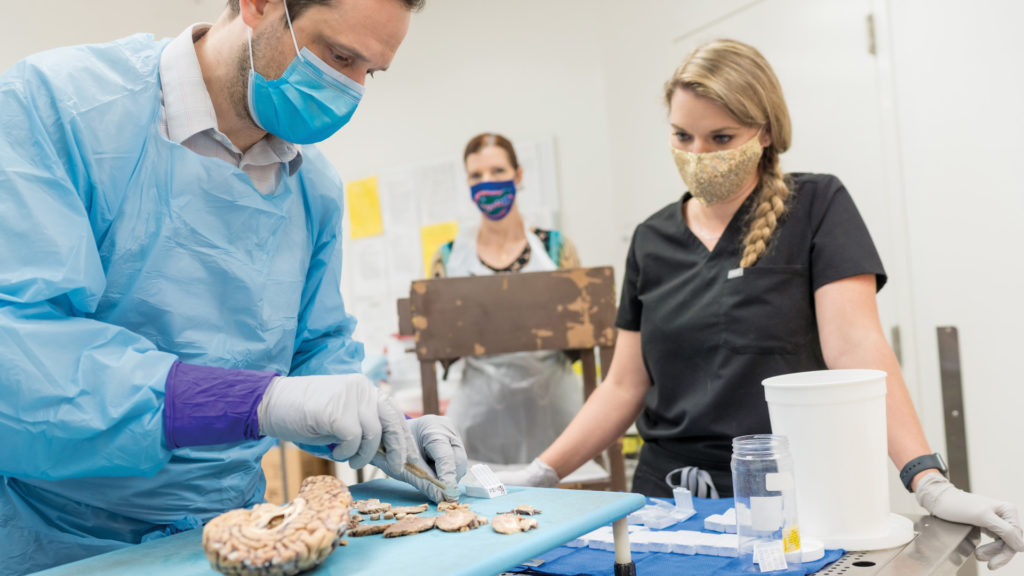
Dr. Stefan Prokop
Assistant Professor of Pathology
Stefan Prokop is director of the UF Neuromedicine Human Brain and Tissue Bank. A leader in the field of neuropathology, Prokop is among dozens of investigators at the University of Florida hunting for the keys to Alzheimer’s disease, a progressively disabling disorder that afflicts more than 6 million Americans over age 65. In Florida alone, about 580,000 people currently live with Alzheimer’s, and in just the next five years that number is expected to grow to 720,000.
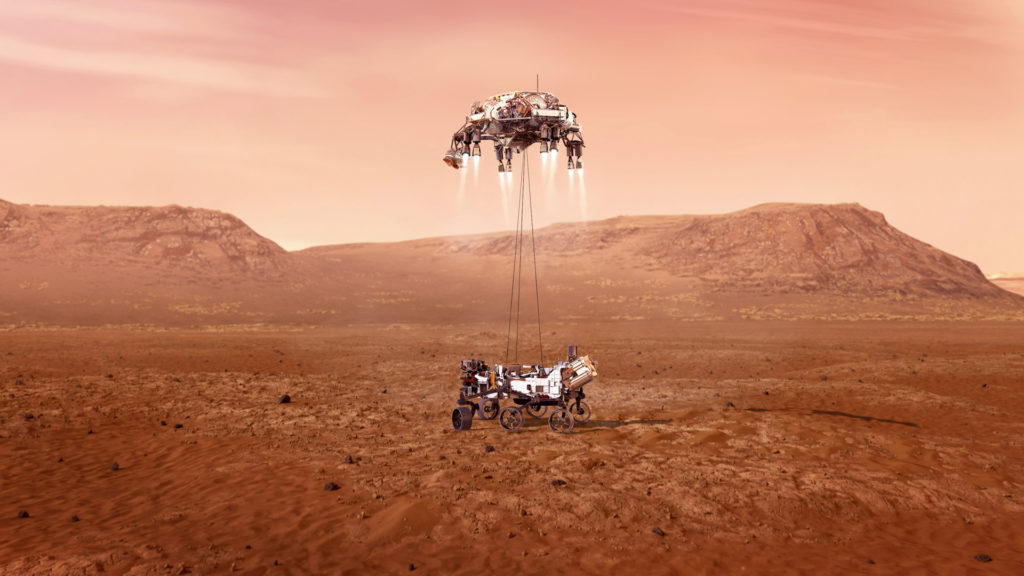
Dr. Amy Williams
Assistant Professor of Geology
Astrobiologist Amy Williams is participating in her second Mars mission. After serving on the Curiosity rover team since 2009, she’s now a participating scientist on the Perseverance rover.
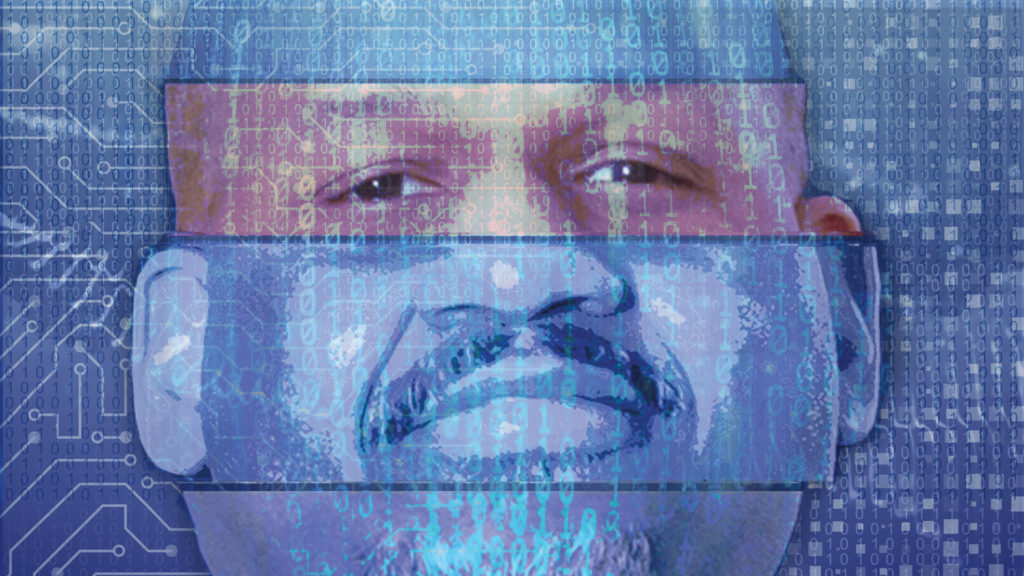
Dr. Damon Woodard
Associate Professor of Electrical and Computer Engineering
University of Florida researcher Damon Woodard is using artificial intelligence methods to develop algorithms that can detect deepfakes — images, text, video and audio that purports to be real but isn’t. These algorithms, Woodard says, are better at detecting deepfakes than humans.
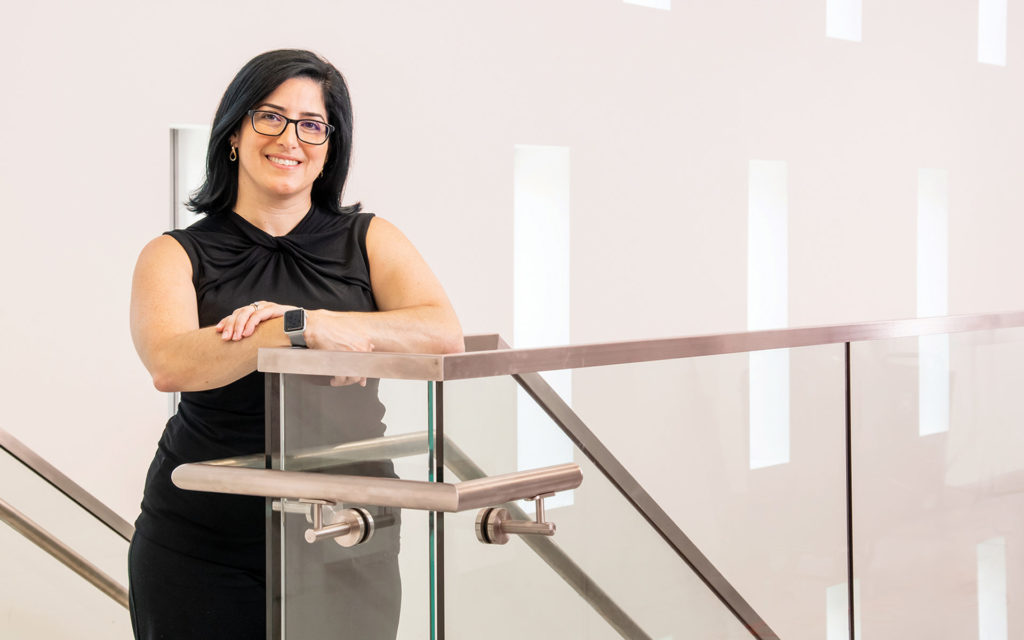
Dr. Alina Zare
Professor of Electrical and Computer Engineering
When you ask around campus who scientists are collaborating with on the AI and machine learning front, one name crops up frequently: Alina Zare.
Zare’s Machine Learning and Sensing Lab stays busy developing algorithms to automate analysis of data from a wide range of sensors, including ground-penetrating radar, LiDAR and hyperspectral and thermal cameras. In the lab, two post-docs, 17 Ph.D. students, two master’s students and a cadre of undergraduates work on projects with collaborators from agronomy, psychology, the Florida Museum, horticulture, entomology, ecology and a host of other computer scientists, both on campus and at other institutions.
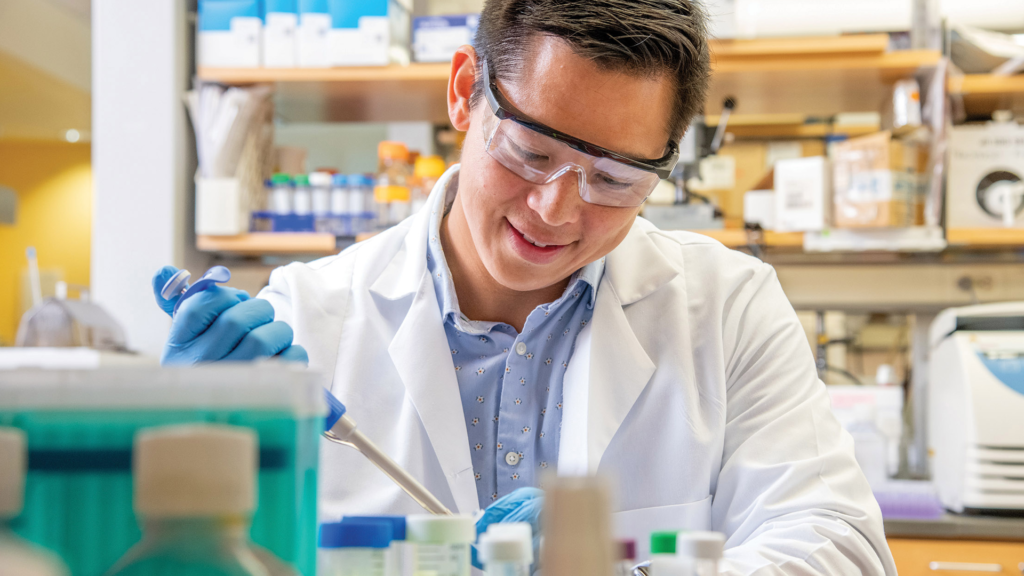
Dr. Eric Wang
Associate Professor of Molecular Genetics and Microbiology
Eric Wang has always been interested in understanding how biological systems function, but in part entered this field and joined the team at UF because he has family members affected by myotonic dystrophy. He is personally motivated to better understand DM and related diseases, and to find treatments.
